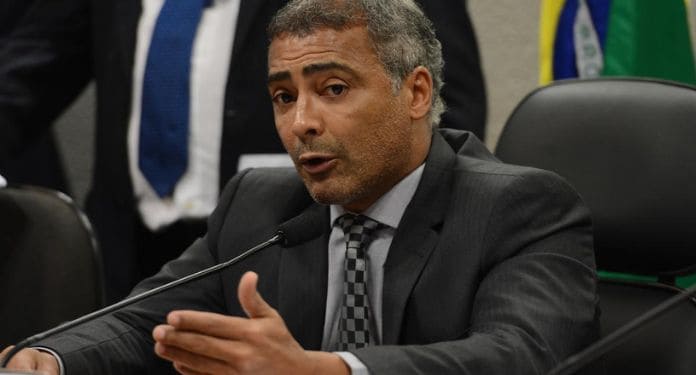The Senate is expected to vote on taxing sports betting in the first week of November.
In other words, the Federal Government‘s bill that establishes an 18% tax on sports betting companies, “bets”, and online games, such as virtual casinos, is expected to be voted on in the Senate.
The measure was approved in the Chamber of Deputies on September 13.
According to the text approved by the Chamber, there will be a 30% charge for Income Tax (IR). Tax on amounts received by bettors who exceed the current exemption range, set at R$2,212.00.
Increased revenue for the Federal Government
With the approval of the project, the Federal Government estimates that it will raise between R$1.6 billion and R$5 billion.
In July, the Federal Government had already published a provisional measure with the aim of taxing the sector.
Evidently, tax collection is part of the government’s set of actions and proposals to increase tax collection in 2024.
On October 27th, President Luiz Inácio Lula da Silva stated that he will “hardly” reach the goal of closing the fiscal deficit next year.
The proposal still needs to be voted on by the Sports Commission (CEsp), which should happen in the next few days. It also has to go through the Economic Affairs Commission (CAE).
Subsequently, the bill will go to the House Plenary.
Previously, on October 18, the vote on the project was postponed at the Sports Commission, as a result of a collective request for a view.
Senator Romário (PL-RJ), who is the rapporteur of the proposal, brought a text with changes to the proposal approved by the Chamber.
He maintained a charge of up to R$30 million as a grant for sites that want to operate in Brazil, but changed the payment term from 3 to 5 years.
New sports betting taxation
The division of taxes, authored by Romário, which modified the charter of resources collected through taxation, was as follows:
- 2% for Social Security;
- 1.82% for the Ministry of Education;
- 6.68% for the sports area, with 4% for the Ministry of Sports and 2.23% for sports confederations, with the exception of the CBF (Brazilian Football Confederation), 0.5% for state sports secretariats and from DF and 0.05% to the Brazilian Master Sports Committee;
- 4.30% for the tourism area, with 3.50% for the Ministry of Tourism and 0.80% for Embratur;
- 0,5% to the Ministry of Health, for measures to prevent, control and mitigate social harm arising from gaming in healthcare areas;
- 0.15% divided between civil society entities, with 0.05% for Fenapaes (National Federation of Associations of Parents and Friends of the Exceptional), 0.05% for Fenapestalozzi (National Federation of Pestalozzi Associations) and 0.05 % for the Brazilian Red Cross;
- 2.55% to the FNSP (National Public Security Fund).
The original project prepared by the government did not include the transfer of resources to the Ministry of Tourism and allocated 3% of the revenue (as opposed to the current 4%) to the Ministry of Sports.




















































